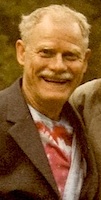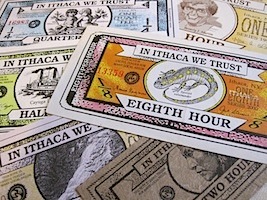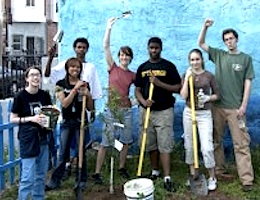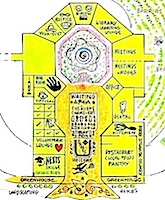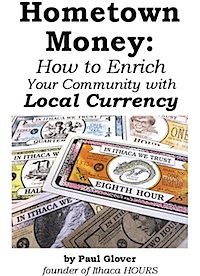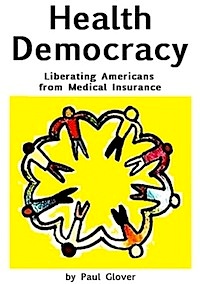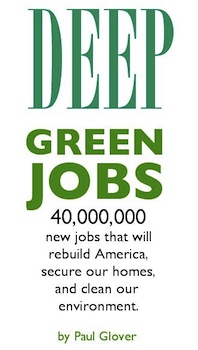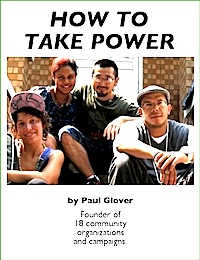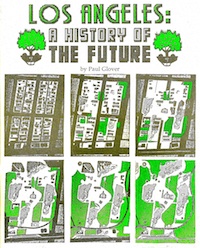North Philadelphia's notorious "Logan Triangle" is a 35-acre vacant
space, where 997 homes were torn down 20 years ago. Built on
loose coal ash 40 feet deep, the homes tilted and cracked.
Today the Logan neighbors-- those displaced and those remaining-- still
mourn.
This tragedy has become an opportunity to create America's largest
green city neighborhood, turning neglect into pride.
 |
Therefore, the Logan Orchard and Market (LOAM)
proposes to create a major green city model, meeting basic needs of
Logan neighbors for fresh food, affordable housing, health care, work
and fun. To do these, LOAM would fill the land with lightweight
structures suited for this land, featuring 100 greenhouses and 300
solar cabins (aka elder cottages or "tiny houses") for veterans,
returning citizens, young families, professionals, doctors. |
Other key components will include orchards, parks, playgrounds, market
pavilions for local food and crafts, and the Patch Adams free clinic.
LOAM would likewise become a regional nursery for edible perennials.
Because the unemployment rate among Logan neighborhood males is 50%,
LOAM will offer priority job training in horticulture, landscaping,
orchardry, floriculture, solar construction, and so forth. Priority
housing would become available to Logan veterans, returning citizens,
young families, professionals, seniors, teachers and artists who'd help
manage the land.
LOAM would thus provide fresh food, genuinely low-cost housing,
recreation, jobs and health care. LOAM's community benefit agreement
puts Logan puts first, while creating a regional resource and national
example.
Grassroots "equitable development" enables lowest-income neighborhoods
to become as beautiful as Rittenhouse Square. We could begin today,
building like a coral reef of prosperity.
Land ownership, as usual, is Philadelphia's stumbling block. Domination
of vacant land by speculators and government agencies on behalf of
developers. Assembling large parcels for non-competitive bid.
While grassroots innovation pushes for dynamic change, Philadelphia's
old guard is guarding old ways. Many powerful officials are often as
slow as sumo wrestlers on a basketball court. For example, the
Philadelphia Redevelopment Authority sought to destroy artist James
Dupree's magnificent studio in order to build a shopping center. The
Philadelphia Housing Authority, for its part, recently destroyed Peace
Park in order to gentrify the Sharswood neighborhood, adjacent
Brewerytown.
LOAM advocates met on June 11 with the Redevelopment Authority, which
had seized the Logan acres by eminent domain in 2012. LOAM asked PRA
for permission to use one of the 1,000 lots for a pocket park, to bring
neighbors together to discuss their preferences. PRA said no, stating
that they are negotiating privately with a developer.
 |
According to Charlene Samuels, former president of
Logan EPIC Stakeholders,
"The Logan neighborhood can't wait another 20 years for a developer to
build 'mixed housing' on the land. If it were easy they'd have built it
years ago. Time to do something innovative. The
LOAM proposal can start right away. It provides us fresh food, low cost
senior housing, health care, and a great way to connect our children to
nature." |
Ernie Bristow, who lives the Logan neighborhood, says "No more
talking-- talk is cheap! We need to move forward with the LOAM project
for the betterment of the community as a whole."
Katrice Cheaton, a community advocate from the area, declares "LOAM has
the potential to empower Logan residents with the tools and resources
they need to improve their quality of life as well as help the
environment. It's a win-win model."
LOAM intends to begin by installing a pocket park, and expand from
there. Across Loudon Street from the Triangle lives Ralph Brogdon, who
says "There are thousands of young men roaming around here with nothing
to do. This will start to repair the neighborhood." His son Ralph
Brogdon Jr. is a government worker and permaculture/agriculturalist.
"Learning green skills not only in agriculture/aquaculture/high
tunnels, but as a technical aspect such as solar and wind generation
will add much-needed job skills for the neighborhood and the
Philadelphia area."
We'll start small and grow like a coral reef of beauty
and plenty. As
we proceed we'll attract grants, volunteers, in-kind donations, and
even print our own credits. We will address large issues like regional
food security, unemployment, energy efficiency, homelessness, crime and
global warming.
Mary Seton Corboy, founder of Greensgrow Market,
on a former brownfield, looks forward to collaborating to revive this
land. "We hope this project, like Greensgrow's work in Kensington, can
help revive a blight on our whole City. The scope is large but the
problem is large. Logan neighbors are bringing growing ideas where
there has only been sinking homes."
|
 |
Rachael Griffith, landscape architect with the
Land
Health Institute, is an advisor to the design team.
"Implementing a project such as LOAM could be just what this community
and the city has been waiting for. It will reactivate an area which has
been blighted for decades in a unique and productive way that will
provide greatly-needed jobs and community services and attract
agro-tourism, without triggering gentrification. "The city doesn't need
another discount superstore-- it needs to support iconic, innovative
land uses that will build social infrastructure, benefit the local
economy, and rehabilitate our environment. It would be hard to find a
use for this tract of land that would satisfy these criteria better
than the LOAM initiative."
Archye Leacock is founder and executive director of
Institute for
the Development of African-American Youth (IDAAY) in
Philadelphia. He says, "I'm truly excited that LOAM is taking on such
an ambitious project of bringing real jobs to the numerous unemployed
young people in the Logan neighborhood. IDAAY and I stand prepared to
join this team and contribute how and wherever we can to this success.
At this stage, LOAM seeks 1) professional site and detail designs; 2)
teams focused on housing, budget & fundraising, jobs and
training, food production; recreation grounds, publicity; 3)
commitments of volunteer labor; 4) tax-deductible donations; 5)
endorsement letters and
emails to Councilwoman Cindy Bass
and the
Redevelopment Authority; 6) most
importantly, the participation and approval of Logan neighbors.
For more information:
[email protected] * (215)
805-8330 *
#groups/logan.loam
Glover is founder of the
Philadelphia Orchard Project; Ithaca HOURS community currency; and a
dozen other organizations. He taught urban studies at Temple
University. paulglover.org
